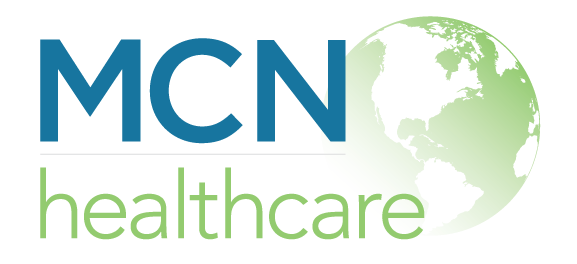
Unit Manager’s Role in the Policy Process
MCN Healthcare recently hosted a webinar titled “Policies, Procedures, and the Approval Process”. In the next few weeks, we will be addressing a few of the questions we were not able to get to during the Q&A session.
I work in a specialty field, and I am a newer nurse manager. How do I know what policies are required of my specialty? Would that be from TJC or from our health system? I do not know where to start. Our EMR is EPIC- how do the “Clinical Skills” in EPIC and order sets compare or work together with policies and procedures? I feel that my department has many detailed “policies” that carried over from the days prior to EMR. It seems like many of our policies fall into the practice guidelines category instead based on your explanation. Where do I begin??
Doing one’s best to learn all the responsibilities of a new role as a leader can be very overwhelming. Your first objective is understanding that you can only bite the whale one bite at a time. Let’s review some initial steps for appropriate document control in your unit to help you develop a plan of approach.
- If you are a specialty unit, determine if there are any guidelines by a recognized and approved reference(s) in your field. These types of resources can be your guiding principles in determining what you should be providing by way of policy or guideline to your staff. Determine if your organization has the policies/guidelines already established and utilizes the reference(s) in your specialty area. If not, you need to determine which, if any, external resource guidelines are approved for the unit. A gap analysis is a great tool for this process improvement project because you can list the needed reference documents and check them off as they are developed and approved for use.
- Organizational policies should already be developed to meet TJC requirements. Those types of policies are often developed at a higher level of leadership and are traditionally a responsibility at the Director level or higher. Ensuring staff are oriented to the policy process, have access to policies, and are following them is a responsibility of the unit manager. Compliance is upheld by auditing performance and ensuring the unit is achieving operational goals according to standard work practices outlined in your policies. That is also a responsibility of the unit manager.
- During the early review of your current reference document requirements, don’t get fixated on whether it is a policy or guideline. As a new manager, you have a responsibility to acquire information about the organization’s document control program and see if your organization only utilizes policies or are policies used in conjunction with guidelines.
- Determine the approved organizational template(s) and ensure you develop your policies/guidelines in the proper format.
- Be active in communicating changes in policy to your staff and ensure any formal change is hardwired into practice to prevent deviation from policy. This will inhibit any citation from surveyors for not following policy.
- Your unit-specific goals should be established based on well-established policies that have been implemented.
MCN HEALTHCARE
Regulatory Compliance Solutions for Healthcare Organizations
Our comprehensive compliance suite includes:
Policy Management Software | Policy Library | StayAlert! | StayAlert! Plus |
Learn more. Visit mcnhealthcare.com


